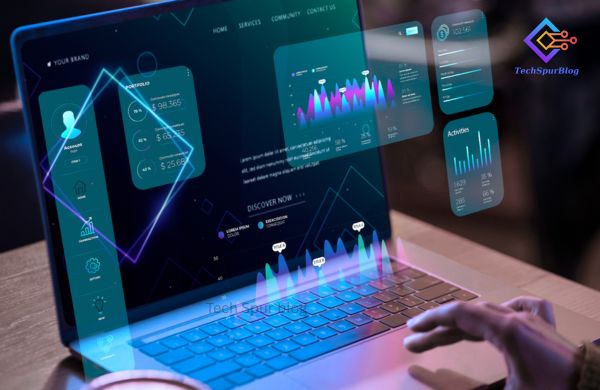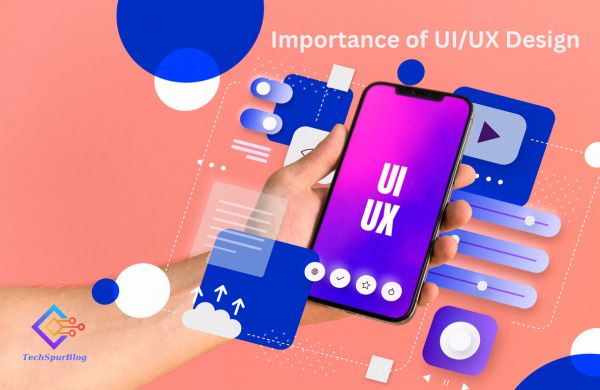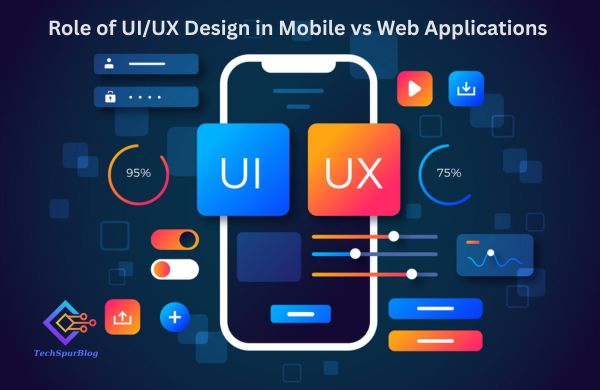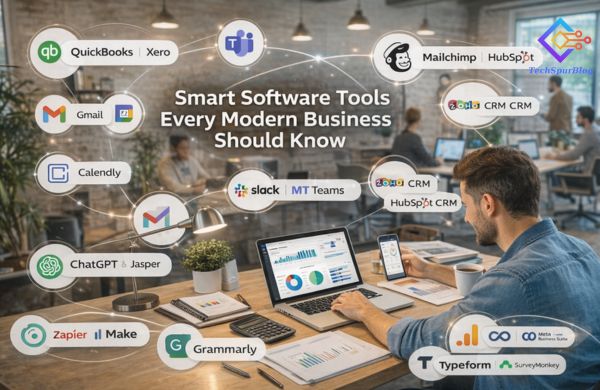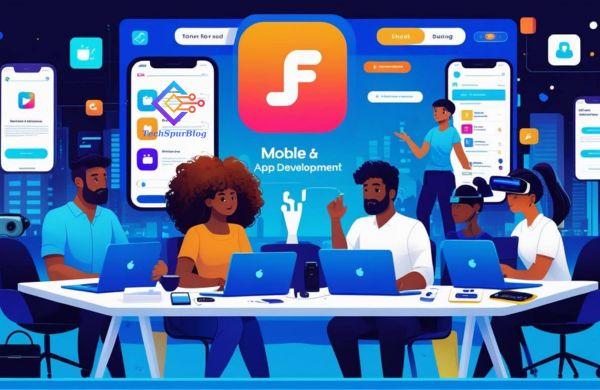Your app asked for access to a users’ photo library. The user clicked “No.” Two days later, they deleted the app. This is the simple, silent reality of broken trust. Data privacy in mobile apps is the market’s new currency.
Users are watching. They are reading permissions. If they feel discontent—because your mobile app takes more data than it needs—they leave. This is no longer about compliance. In fact, it is more about retention. Poor security is expensive: the average data breach cost reached nearly $4.4 million in 2025.
Trust impacts the bottom line. So, smart companies know this and focus on improving data privacy to maintain user trust. Building user trust in mobile apps means being radically transparent. It means making data protection a core product feature. You have to move past the legal checklist and look at the psychology of modern users.
This will give you a clear framework for building highly secure mobile apps that won’t just attract users but reinforce their trust. This is how you stop the silent uninstall and build loyalty that lasts. In this blog, we are going to dive into this aspect to understand how data privacy is crucial to build user trust.
Why Users Don’t Trust Apps with Their Data
Why does trust fail? This is when users feel exploited. Just imagine a user finds out that your app is asking for microphone access when it is a simple calculator. This overreach kills confidence. Mobile app development services often prioritize quick feature deployment over privacy-by-design.
The problem is the unexpected permissions. A survey shows half of people will uninstall an app because they feel it is collecting too much data. They do not trust the policy. They do not trust the intention.
Today, users value their data privacy more than ever before. They see the business model: free app, pay with data. When privacy controls are buried deep in the settings, it signals deception. You must change the narrative and make the privacy features obvious. Trust must be earned.
Also Read: Data Privacy and Security: Protecting Your Information in the Digital World
The Business Case for Privacy-First Development
Privacy is not a cost center. It is a competitive advantage. When users trust you, they stay. High retention rates mean lower marketing costs. Companies that hide their data practices face huge financial risk. Regulators impose heavy fines, and we have the best example: GDPR penalties have reached tens of millions of Euros.
Mobile app development services that build apps with a privacy-first mindset can help you save money in the long run. This happens because you can avoid costly security patches and prevent reputation damage. Transparency builds brand loyalty, and a trustworthy brand converts better.
It helps retain customers for which businesses often make a lot of effort to acquire. Good privacy is essential for building trust. It is the cheapest form of long-term marketing.
Essential Privacy Principles That Build Trust
Trust is built on clear rules. The first rule is Data Minimization. Only collect data absolutely necessary for the app to function. Every extra data point feels like surveillance to the user, increasing your risk. Conduct a feature audit. Ask for data only when that feature is needed—this is progressive disclosure. This reduces storage costs and lowers your exposure in a breach.
Next is Transparency That Actually Communicates. Legal jargon policies fail. Users do not read them. Use plain language summaries. Explain precisely why you need location access or camera permissions at the point of request. Give the user context.
Crucially, grant User Control and Consent. Users must decide what to share. Give them a clear way to opt-out, like tapping a button, instead of forcing them to dig in menus. Users must not find it difficult to export or delete all data. A good mobile app development services partner will engineer a privacy dashboard, making these controls simple and visible.
Finally, embed Security by Default. Encryption must be implemented to protect data both in transit and at rest. This is non-negotiable protection. Be responsible for every partner, practicing Third-Party Accountability. Audit every SDK. Most breaches start there. Implementing these core principles turns your app into a trustworthy platform.
Also Read: The Best VPN Services for Online Privacy and Speed in 2024
Building Trust Through Design: Privacy UX Best Practices
Trust starts on day one. Use Privacy Onboarding to set clear expectations. Do not ambush the user with a wall of permission requests. Instead, offer a brief “privacy tour,” explaining why the app needs certain data before asking for it. Give the user context. Let them skip permissions that are not essential. Avoid “dark patterns” that manipulate sharing.
Inside the app, Visibility Creates Confidence. Use subtle In-App Privacy Indicators like status badges (“Data is Encrypted”) or activity logs showing when and why the app accessed sensitive functions. This reassures the user in real-time.
Finally, empower users with accessible Privacy Settings. Move controls out of buried menus. Group privacy options logically and ensure every toggle has a clear label explaining what it does. Offer advanced controls, like time-based or purpose-limited permissions. When users feel they are in control of their data, they stay. This commitment to Privacy UX transforms compliance into loyalty.
Technical Implementation: Privacy-First Architecture
Privacy architecture starts with Encryption Everywhere: robust TLS 1.3 and AES-256 for data in transit and at rest. Security is improved by migrating beyond passwords to Biometrics and mandatory Multi-Factor Authentication (MFA), thereby preventing most credential theft without friction to the user.
An essential technical differentiator is Privacy-Preserving Analytics. Practices such as differential privacy make sure data is only viewed in anonymous groups, never individually. This in-depth technical focus is critical. Reputable mobile application development services place emphasis on hardware-backed key management and frequent security audits necessary for turning promises of privacy into a reality that can be trusted.
Also Read: AI Tools for Cybersecurity: Enhancing Data Protection in the Digital Age
Compliance: Navigating Global Privacy Regulations
Compliance is not optional; it is a requirement worldwide. Apps have to maneuver through frameworks such as GDPR (Europe), CCPA (California), and regional laws such as DPDP in India. Most of the general requirements include taking clear consent from users, providing easily accessible rights to delete data, and having transparent policies in place.
Most importantly, the mobile app development services should follow stringent stipulations laid down by the various platforms. Both Apple and Google want very minute details about how data would be handled, with Apple’s Privacy Nutrition Labels and Google’s Data Safety Section. This means building a compliance system with consent management platforms, data mapping to track every flow—a continuous process. And definitely, proactive compliance means you avoid major legal penalties and save millions.
Industry-Specific Privacy Strategies
Different industries have different risks. Healthcare apps need to be HIPAA-compliant, focusing on medical-grade security, detailed audit logs, and patient control of sensitive health data. Financial apps should feature transaction encryption, biometric authentication, and rigorous anti-data-selling policies to handle high anxiety among users.
Apps for kids should follow COPPA to the letter, requiring parental consent and forbidding behavioral advertising. Mobile app development services will have to adjust this strategy to meet regulatory and user expectations for trust and legality.
Also Read: Swisscows – A Privacy-Focused and Anonymous Search Engine
In Conclusion
Privacy is the bedrock of sustainable app growth. Now, with 78% of users uninstalling apps over data concerns, it is business-critical, rather than optional. Meeting user expectations head-on through transparent design and technical rigor not only creates a strong differentiator but also lowers legal costs.
This continued investment-from mere compliance to a user-first mindset-builds loyalty. Users remember which companies respect their data, and they will continue to reward you with value and growth.
Frequently Asked Questions
Why is data privacy important in mobile app development?
Data privacy is crucial to maintain user trust and retention. You can earn user loyalty by making them confident about their data security and privacy when your app has robust features to protect their data and privacy.
How do privacy features help maintain user trust?
Today, users value their privacy and data security more than before. So, if your application fails to protect their data and privacy, they are likely to leave your app and switch to a competitor that cares about it. With robust privacy features, your app can earn user trust.
Which best practices help integrate privacy features in app design?
You should focus on creating a privacy-first design, where your app features are created around protecting and safeguarding the data of users. Some practices include collecting only necessary data, accessible privacy settings, transparency in communication, etc.
How does partnering with app development services help in improving privacy?
Experienced app development services providers will leverage the best privacy design practices for encryption, compliance integration, and other privacy features. They build apps with features that align with the best security, privacy, and regulations.




